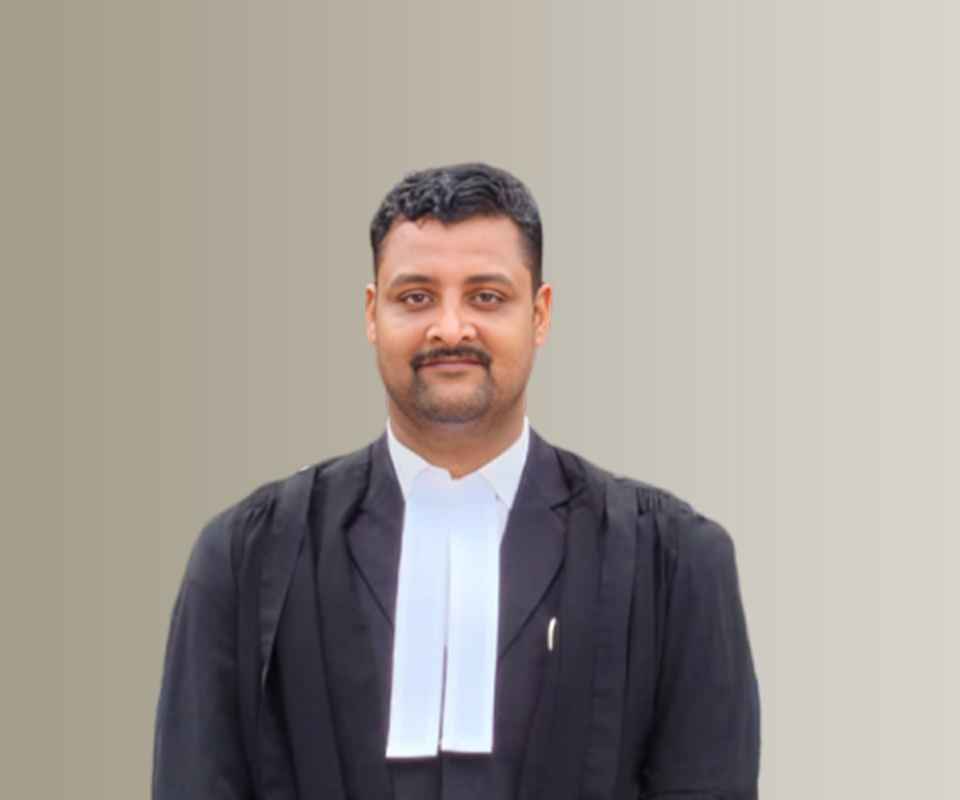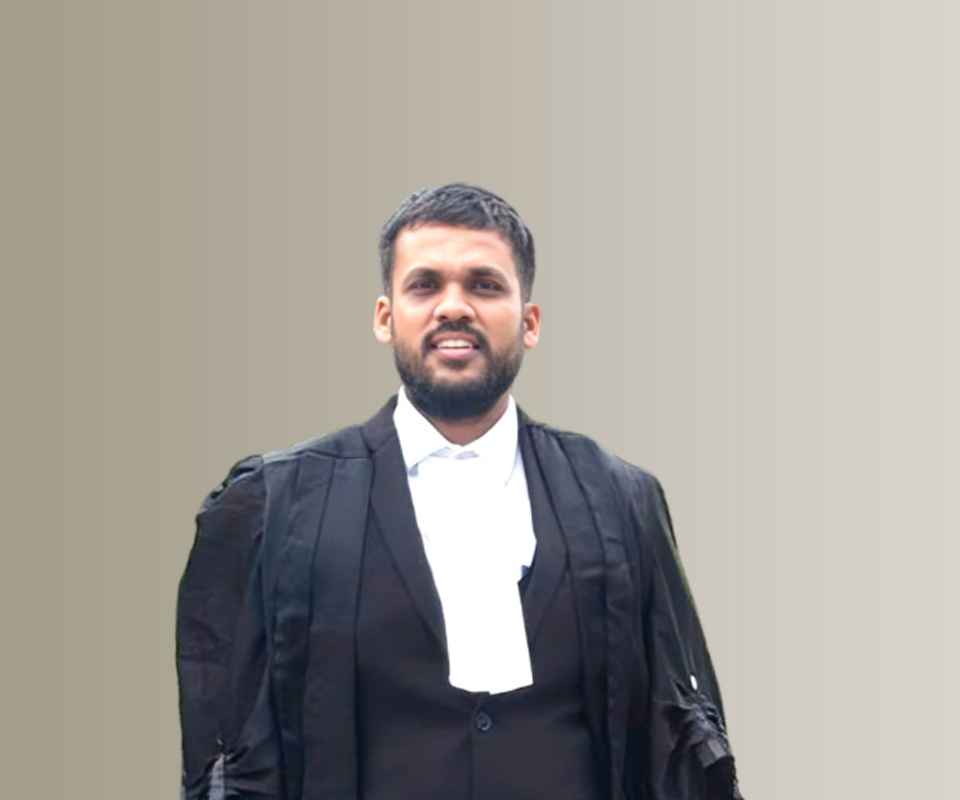Answer By law4u team
Senior citizens may be vulnerable to various forms of abuse, including physical, emotional, or financial abuse, particularly when they rely on family members or caregivers for support. In India, laws exist to protect the elderly from abuse and ensure their well-being. One important avenue for seniors who are facing abuse is the ability to seek police protection. Senior citizens can request protection from harassment, violence, and neglect, and law enforcement agencies are empowered to intervene in such cases. Understanding the legal mechanisms available helps ensure that elderly individuals are not left unprotected.
Legal Provisions for Police Protection for Senior Citizens
Protection of Women from Domestic Violence Act, 2005
Although the Protection of Women from Domestic Violence Act (PWDVA) is primarily designed to protect women, it also applies to senior women who are victims of abuse. This Act provides a legal framework for elderly women to seek protection orders, monetary relief, and residence orders to prevent abuse.
How It Helps:
- Senior women can file a complaint under the PWDVA if they face physical, emotional, or psychological abuse at the hands of a family member or caregiver.
- They can request police protection if they are at immediate risk.
- The Act empowers the police to provide protection orders and keep the abuser away from the elderly woman.
The Maintenance and Welfare of Parents and Senior Citizens Act, 2007
This law was specifically created to prevent abuse of senior citizens, including neglect, physical abuse, and financial exploitation. The Act not only allows for maintenance of elderly individuals but also ensures that senior citizens have access to legal protection in cases of abuse.
How It Helps:
- Senior citizens can approach the police and request protection if they are facing neglect or abuse by their children or relatives.
- If the family fails to support the senior citizen, they can approach an elder care tribunal to seek both maintenance and protection.
- Police are obligated to provide protection to elderly persons and can take immediate action to prevent physical violence.
Domestic Violence Protection (General)
If senior citizens are facing domestic violence (whether physical or emotional), they have the right to request police protection. This includes situations where family members or others in the household are causing harm.
How It Helps:
- Senior citizens can file a First Information Report (FIR) with the police if they are being subjected to abuse, such as physical violence, threats, financial exploitation, or even verbal threats.
- Police have the duty to investigate the matter and can provide immediate protection to senior citizens, either by taking action against the perpetrator or removing the abuser from the premises.
- In urgent situations, the police can provide escort services and place the senior citizen in a safe location.
The Indian Penal Code (IPC) – Section 498A, 323, 506
Senior citizens can seek protection from cruelty, physical assault, and threats under the relevant sections of the Indian Penal Code (IPC). These include Section 498A (for cruelty), Section 323 (for hurt), and Section 506 (for criminal intimidation).
How It Helps:
- If a senior citizen is facing physical harm, the police can charge the abuser under these sections and take action to ensure their safety.
- These laws are not just applicable to wives or spouses but also extend to other elderly family members who may be victims of abuse.
- The police can arrest the abuser and ensure that a legal case is filed against them.
Elder Abuse and Senior Citizen Welfare Policies
Many states in India have developed state-specific welfare schemes and provisions for senior citizens, particularly widows and elderly women, to ensure that they live without fear of abuse or neglect. These policies include access to helplines, safe shelters, and counseling services.
How It Helps:
- State-run helplines allow senior citizens to call for assistance in case of emergency situations.
- Many states also have elderly welfare officers who are responsible for visiting elderly people in their homes to check on their well-being and ensure they are not being abused or neglected.
- Senior citizens can request police intervention or safe shelter when necessary.
Senior Citizen Welfare Committees and NGOs
Many non-governmental organizations (NGOs) and community groups focus on elder abuse prevention and care. These organizations can also help senior citizens approach the police and legal authorities when they are subjected to abuse.
How It Helps:
- NGOs can offer emotional support and legal assistance to senior citizens who are victims of abuse.
- They can help in filing complaints with the police and tracking the progress of the case.
- Additionally, they can help the elderly find safe spaces or alternative accommodation if they are facing physical harm at home.
Example:
Mr. Deshmukh, a 72-year-old man, was living with his son, who had been regularly abusing him, both verbally and physically. His son took advantage of Mr. Deshmukh’s financial dependency, forcing him to transfer some property into his name and denying him basic care.
Steps Mr. Deshmukh took to protect himself:
- Mr. Deshmukh contacted the local police and filed a complaint under the Maintenance and Welfare of Parents and Senior Citizens Act, stating that his son was abusing and neglecting him.
- The police, after investigating the complaint, provided Mr. Deshmukh with immediate protection and a protection order under the Domestic Violence Act.
- His son was arrested under Section 498A of the IPC (for cruelty), and Mr. Deshmukh was placed in a shelter home to ensure his safety.
- The tribunal also ordered maintenance to be provided to Mr. Deshmukh by his son, and his property was safeguarded under the law.
By seeking police protection, Mr. Deshmukh was able to remove himself from an abusive situation and ensure his rights and safety were respected.
Conclusion
Senior citizens, including both men and women, have legal rights and provisions that allow them to seek police protection from abuse. Whether the abuse is physical, emotional, or financial, laws like the Protection of Women from Domestic Violence Act and the Maintenance and Welfare of Parents and Senior Citizens Act empower elderly individuals to approach the police and seek justice. The police, along with social welfare schemes, can provide immediate protection, legal action, and access to safe shelters to ensure that senior citizens are not subjected to violence or neglect.







